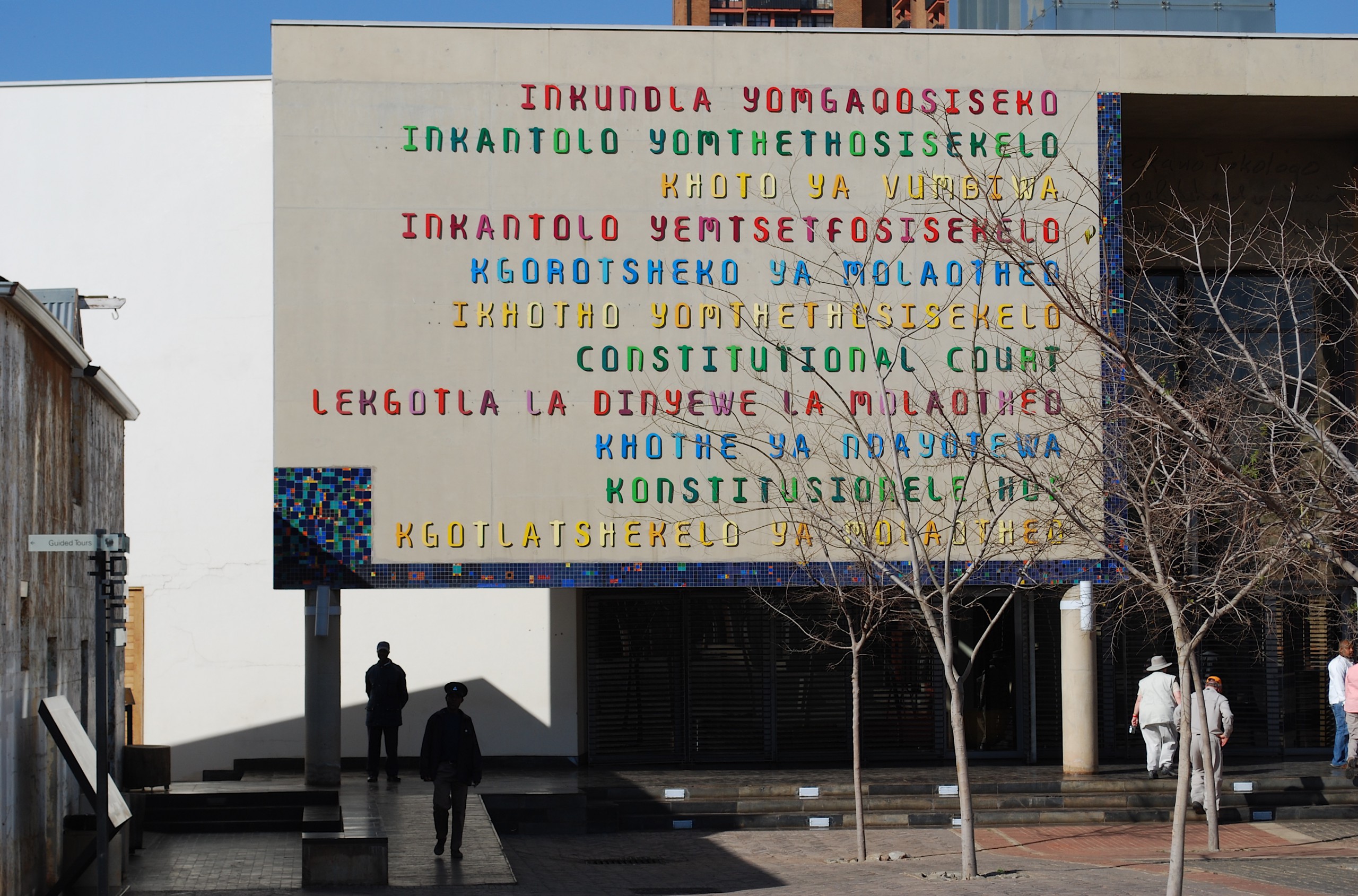Summary
In this case, the right of a student with an intellectual disability to obtain an official diploma attesting to the completion of his secondary school education on an equal basis was challenged in accordance with article 24 of the Convention on the Rights of Persons with Disabilities, which recognizes the right to inclusive education and prohibits any form of discrimination based on disability.
The student attended a regular school providing reasonable assistance and support, as set forth in an instrument called the “Individual Pedagogical Project for Inclusion” (PPI, in Spanish), which was implemented by the school with the participation of the inclusion support team and with the knowledge of the student’s family. The student passed each year of secondary school and met all the objectives established in his PPI, which was attested by his respective report cards. However, at the end of his last year, the school informed him that he would not be awarded a secondary school diploma on the grounds that “he did not meet the minimum content requirements for issuance”. This situation had never been communicated to the student or his family.
The school claimed that the Ministry of Education of the City of Buenos Aires did not authorize it to award the diploma because the student had studied with an adapted curriculum. For this reason, it decided – referring to city regulations – to grant a certification that did not attest to the official completion of the mandatory education.
As a result, the young man filed an amparo action – sponsored by the Asociación Civil por la Igualdad y la Justicia – against the Government of the City of Buenos Aires and the school in order to stop the discriminatory conduct and to proceed with the preparation and awarding of an equivalent diploma that would have the same validity as the one awarded to his classmates. At the same time, a petition was filed to declare certain local regulations unconstitutional.
The Court of First Instance No. 1 in Administrative and Tax Disputes of the City of Buenos Aires held that international regulations binding on the Argentine State – in particular the Convention on the Rights of Persons with Disabilities – establish the right to a comprehensive inclusive education, without discrimination and with reasonable accommodation. Thus, it stressed that the right to education does not only involve the right to be placed, to be enrolled and to remain in school and to attend classes, but also includes the guarantee that instruction will be reasonably adapted to the student with a disability, and that this includes the way in which the completion of his or her schooling will be evaluated and certified. It stated that equality of conditions is not equivalent to identical conditions in the sense of demanding the same content for everyone, but rather that it means equal consideration; that is, that each student is required to achieve “the objectives that – from an institutional standpoint – were set for him or her” and that the circumstances taken into account to certify students are equitable. It also stated that the granting of a certification that does not accredit the completion of the educational process implies “issuing a confirmation that the student attended the school, that he or she was there for a number of years and was integrated, but not included”. Furthermore, it argued that this would cause harm to the fulfillment of his life plan, whether in terms of equal access to employment, or to higher levels of education and other projects for which certification of secondary studies is required, thus harming his rights and stigmatizing him.
Therefore, the court ordered the school to issue the official high school diploma and the City Government to legalize said instrument, declaring unconstitutional the local normative provisions that constituted an obstacle to doing so.
The Court of Appeals – to which the sentence in question was appealed – rejected the appeals filed by the school and by the City Government, and confirmed the appealed sentence, basing its decision on the fact that the young person with a disability had fulfilled his Individual Pedagogical Project and that the fact that his educational process did not culminate with the corresponding diploma clearly contradicted current constitutional provisions.
